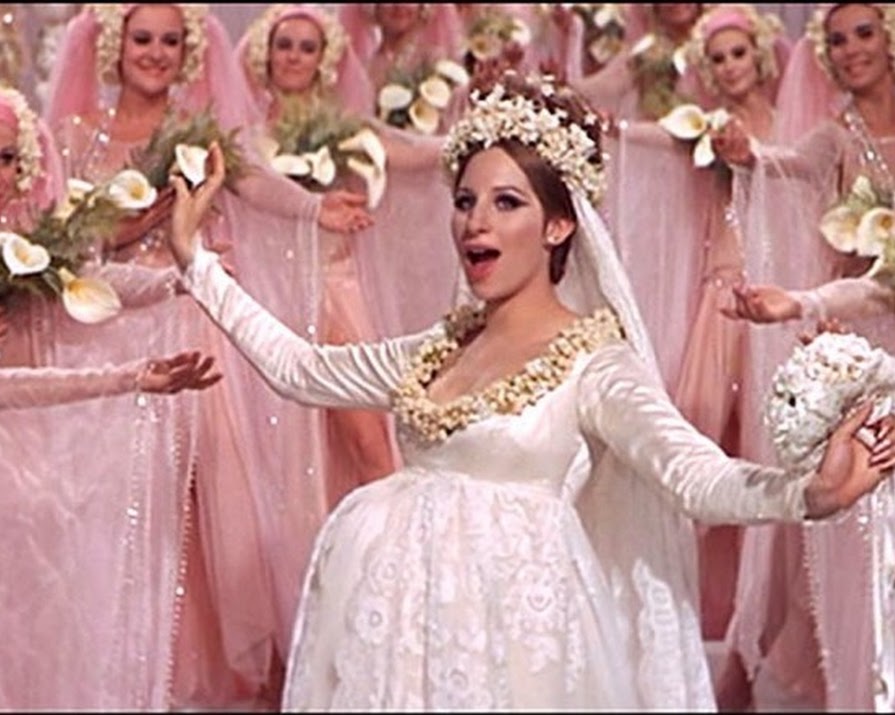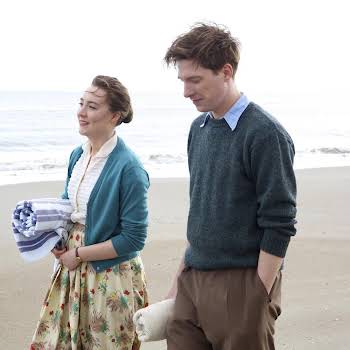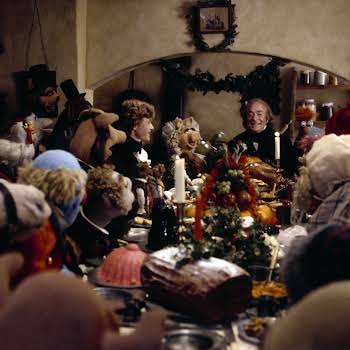By Bill O'Sullivan
12th Feb 2014
12th Feb 2014
Earlier this week the head of the BBC Danny Cohen announced that ?[We’re] not going to have panel shows any more with no women on them. You can’t do that. It’s not acceptable.” The floodgates of opinion opened and the writers and columnists alike dug out their ole faithful soap boxes. So here goes.
That the BBC is engaging in a form of positive discrimination in order to even out the gender imbalance is clear enough, as are the implications of such an action. Female comedians will no longer be invited on comedy chat shows on the sole merits of their gags and one-liners, but because of some ridiculous policy that states that a female hiney needs to take a seat on the panel. And the question bubbling up inside me is – so what?! Positive discrimination has done more for women and the movement than anything else. It seems to me that if you spent the last few hundred years being your husband’s property, not having the right to vote, being paid lower wages than men, not being hired for jobs because of your baby-bearing potential, then a bit of positive discrimination goes down quite nicely.
Opponents of positive discrimination hold strong to the idea that it is a way of forcing a shift in perspective that will eventually happen organically and that it’s therefore damaging. But most big changes that I can think of have occurred through someone choosing suddenly to force a situation, push it or break it. As a woman I’d be inclined to think that any discrimination in my favour is great. It doesn’t make me think for a second that a woman is being favoured above a more deserving man; it doesn’t for a second make me feel undeserving or make me question my right to a position.
I haven’t always felt that way about positive discrimination for women, but the controversy sparked by the BBC’s announcement made me slip off the fence and into a very definite camp. Among the articles flying around was one by comedian Fern Brady for The Guardian. It argues that the BBC’s new policy won’t do much to encourage female comedians and give them a space, but that its chief beneficiaries will be ?the hot ones and the posh ones [who] are first in line when it comes to getting the one designated spot for a woman on panel shows.? She goes on to say that as a female comedian she has always been working towards being acknowledged in a male-dominated business based on her jokes alone, and that this sort of ?change from the top? forces her to use her ?looks as currency? in order to get work.
There are a few things that I don’t understand about this. Firstly, the line she takes suggests that attractive-posh women and funny women are two different breeds, and never the twain shall meet. Having spoken to female comedians in the past, a recurring issue that crops up is that being an attractive young female makes it markedly difficult to break into comedy. You are almost discriminated against for it. Brady here seems to be perpetuating a stereotype that is neither very pro-woman, nor pro-comedy. Secondly, she is dissing a policy that stands to benefit her and all the female comedians she hangs out with! It seems like a classic People’s Front of Judea act of dissent. Instead of getting behind a move that is guaranteed to improve things for all female comedians, she’s muddying the waters and distracting the topic by turning into an issue of beauty appreciation.
I would argue for standing by your fellow female comedians, whether they are fuglies or beauties, by taking the leg-up and wishing it upon your colleagues. Fern argues for greater gender equality in comedy. What the BBC is arguing for is the exact same thing. It’s the means towards that mutually desired end that displeases Fern – that it is trickling down from the top instead of occurring as a grassroots ideological shift in our way of viewing women. Instead of focusing on a tiny (and rather helpful) battle that has been won, she wants to win the war. Comedian Katy Brand commenting on the new policy on Woman’s Hour yesterday, was asked would she feel like she was a ‘token woman’ if she were to be invited on one of said panels after this new policy. Her response was simple and captures what I feel should be the general sentiment around this – “I don’t care! When someone offers me a job and I take it and I do the best job I can, it doesn’t bother me whether or not I’m a token. All female comedians want is the opportunity to work within their industry.” So don’t be funny about it – just take the leg-up.
Roisin Agnew @Roxeenna























